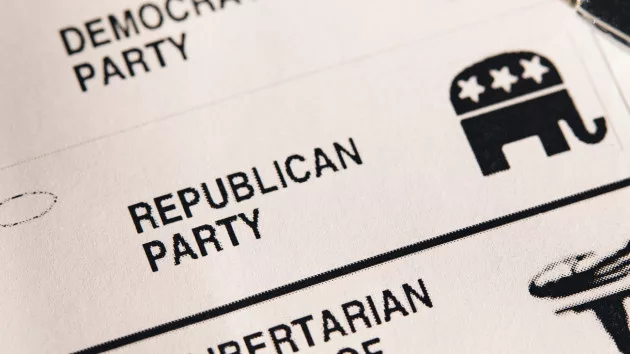(Image courtesy of TVW)
People harmed by on-duty law enforcement officers who violate the State Constitution or state law would be able to sue them under a new bill under consideration at the State Capitol. People would also be allowed to sue other officers who could have prevented the harm and the agencies they work for under House Bill 1025.
Seattle City Council Member, Tammy Morales, told the House Civil Rights and Judiciary Committee it would encourage practices and training that honors people’s rights, like progress Seattle Police has made under the federal consent decree. “And yet even with the scrutiny of the consent decree,” Morales says, “there have been lapses in the department in policies and incidents.”
Mike Hoover with the Washington Association of Counties raised concerns about the costs, and he says instead of lawsuits meant to punish, they should focus on stopping police misconduct. Hoover says, “[It] needs to be preventative not remedial. Lawsuits are remedial. They are after the harm has happened. We would like there to be more emphasis on preventing misconduct in the first place.”
The State Attorney General would be able to investigate and sue police or corrections agencies that violate state law – under another proposal making the rounds in Olympia.
The authority that would be granted under House Bill 1445 is similar to what the feds have when officers break the law on the job, so it would also require the AG to check with federal authorities to make sure there’s no conflict with any investigations.
Shelly Washington, whose 21 year old nephew was killed by Clark County deputies, says the NAACP and the ACLU asked for a federal investigation and got no response. “If a department has a history of violating the civil rights of community members and doesn’t change or fix it itself year after year,” Washington says, “someone must step in and stop the harm.”
Julianna Roe with the Washington State Association of Counties says the intent is to force agencies to make corrections, but she says the bill would actually punish those agencies. Roe says, “There already exist avenues to help an injured party get the resolution that they are seeking. This bill seems redundant, at best, to create another manner by which local governments can be sued for the same actions.” Roe says mediation rather than lawsuits would be a better way to go.
State lawmakers are also working on a bill that would partially sort out the aftermath of the Blake court decision, which tossed out more than 262,000 simple drug possession convictions as unconstitutional.
House Bill 1492 establishes procedures for vacating those convictions and for refunding Legal Financial Obligations, or LFOs, from those cases.
The bill sponsor is Representative, Tarra Simmons (D-Bremerton), who is the only House member with a Blake conviction. Simmons says many of her colleagues have been focused on revising the drug laws while she wants to help people so they can get housing and jobs. “A lot of these people are held out of jobs,” Representative Simmons says, “they have a Blake conviction from 10 years ago and can’t be a Certified Nursing Assistant or something like that.”
Supporters of the bill say the clarification is needed with only about 43,000 out of the more than 262,000 Blake cases completed and refunds due out in July.
Russell Brown with the Washington Association of Prosecuting Attorneys says the bill expands the definition of LFOs people had to pay because of their convictions. His concerns include the addition of money paid to private entities. Brown says, “Right now, prosecutors are required to work with the clerks to find that. We don’t believe that that’s feasible or possible and, if required, it will require an enormous amount of additional of work for individuals who aren’t necessarily the best-equipped to find that information.”
There’s also concern over the costs of refunds and the work on these cases, which could top $100 million and, possibly, a lot more considering the number of cases going back 50 years and the amounts of refunds owed.






